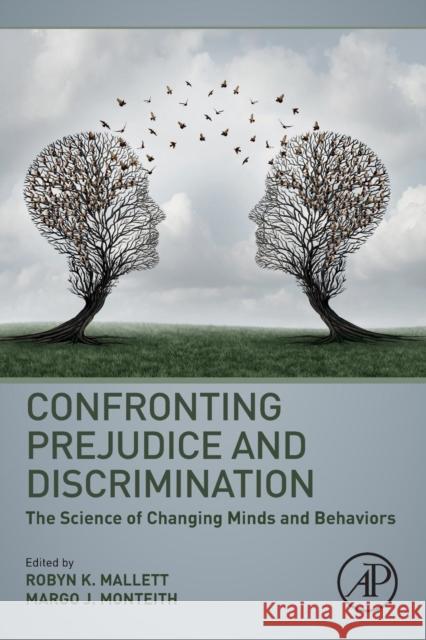Confronting Prejudice and Discrimination: The Science of Changing Minds and Behaviors » książka
topmenu
Confronting Prejudice and Discrimination: The Science of Changing Minds and Behaviors
ISBN-13: 9780128147153 / Angielski / Miękka / 2019 / 372 str.
Kategorie:
Kategorie BISAC:
Język:
Angielski
ISBN-13:
9780128147153
Rok wydania:
2019
Ilość stron:
372
Waga:
0.49 kg
Wymiary:
22.86 x 15.24 x 1.96
Oprawa:
Miękka
Wolumenów:
01
Dodatkowe informacje:
Bibliografia











